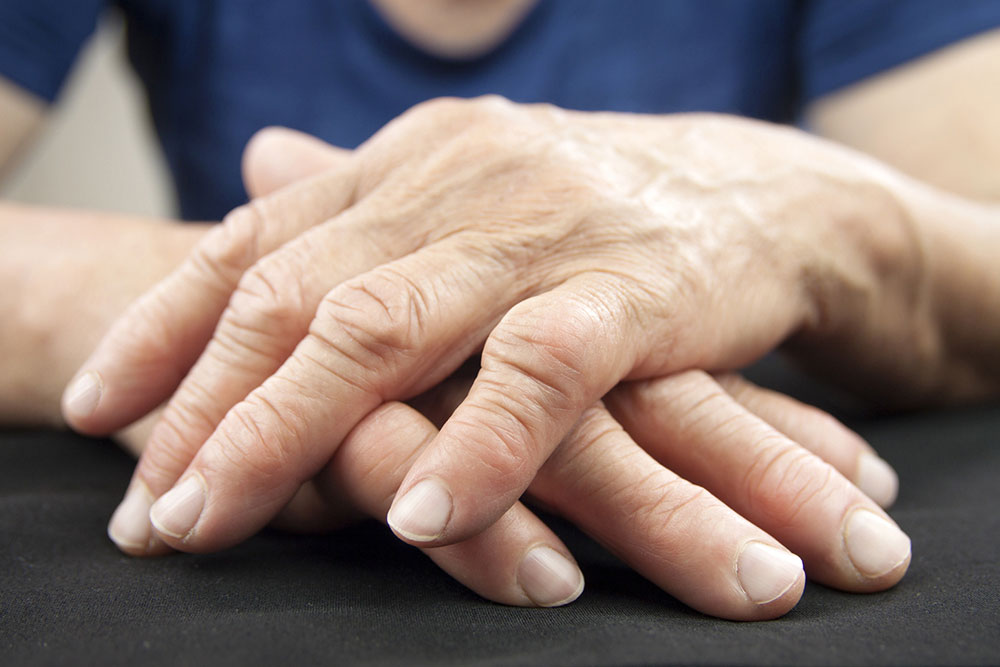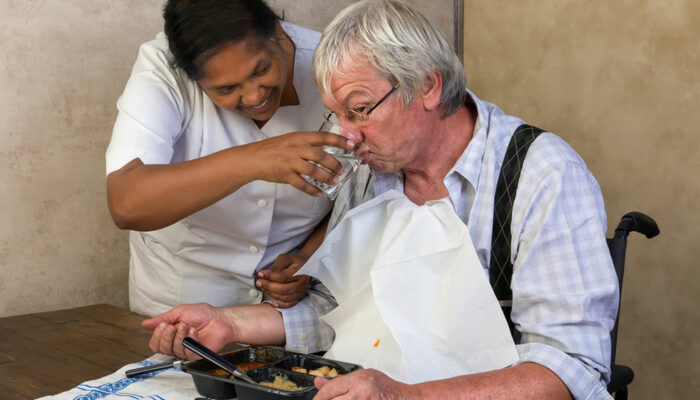
Top treatment plans for rheumatoid arthritis
Diagnoses for rheumatoid arthritis are not a single test but a series of evaluations that determine medical history, symptoms, physical examination and blood tests to identify the antibodies and rheumatoid factors. Imaging tests such as X-ray, ultrasound and magnetic resonance imagery (MRI) evaluate the extent of the damage. There is no proven cure for rheumatoid arthritis, though it can be contained and managed by modern medicines. Treatment commonly includes medication and physical therapy when diagnosed at an early stage. However, joint surgery may be considered in case of severe progression of the disease.
Doctors may prescribe Nonsteroidal Anti Inflammatory Drugs (NSAID) to moderate pain and inflammation. These medications do not slow down rheumatoid arthritis and are given only with prescription: as they need to be consumed in higher dosage for long-lasting results. The NSAIDs are not risk-free and they may cause increased blood pressure with risk of stroke/heart attack, stomach irritation/ulcers. It’s wise to evaluate the potential benefits versus the risk factors with the doctor while choosing the right medication. Disease-Modifying Antirheumatic Drugs (DMARDs), particularly methotrexate, made dramatic improvements in severe rheumatoid arthritis. In conditions where DMARDs couldn’t ease the symptoms, doctors considered Biologics (genetically engineered proteins) that block specific parts of the immune system responsible for inflammation, slowing rheumatoid arthritis or arresting it as a result. Biologics suppress the immune system and may lead to the risk of infections. Steroids are prescribed in certain cases temporarily as shots directly administered to affected areas or as pills to calm the symptoms.
Joint replacement surgery may be considered as the last option in case of severe degeneration of the joints. Surgery dramatically improved conditions and is usually advised after 50 years of age: since artificial joints tend to wear out within 20 years. Physical and Occupational Therapy plays a key role in any rheumatoid arthritis treatment plan. Therapists plan exercises that ease daily tasks like cooking or operating gadgets, along with consistent heat /ice compress and therapeutic massages. Cognitive Therapy, otherwise called pain management, is the most trying yet safe treatment, as it aims at improving the emotional and psychological health with activities that improve stress handling, relaxation, and problem-solving.
If you are a believer of alternative healing, then there are options such as acupuncture that are known to give a lot of relief. This a needle technique where the doctors identify the meridians that are largely affected due to rheumatoid arthritis and piece needles on those meridians that could give you relief. Undoubtedly, this is a patience game. Acupuncture cannot give immediate result and that is exactly why it is referred to as alternative healing. One should also be careful to consider the general wellbeing of other parts of the body because a lot of attention is given to rheumatoid arthritis and the general wellbeing is largely neglected. Stick to a form of exercise and be consistent at it.
An active lifestyle with healthy food choices can help reduce the risk of complications with rheumatoid arthritis. It is also possible to lead a fulfilling life, live long and healthy, be it with or without rheumatoid arthritis!




